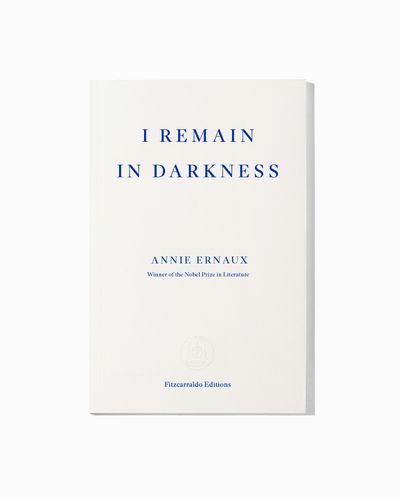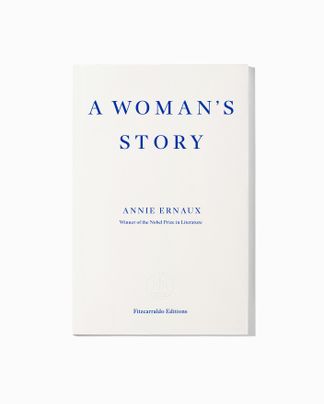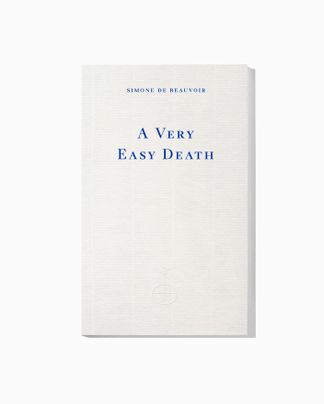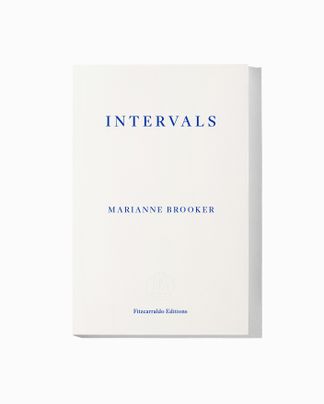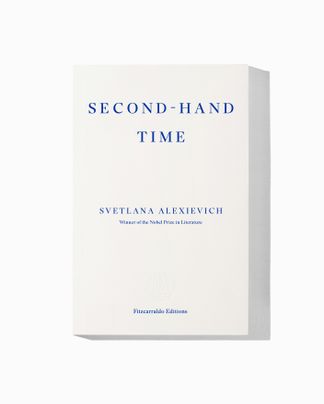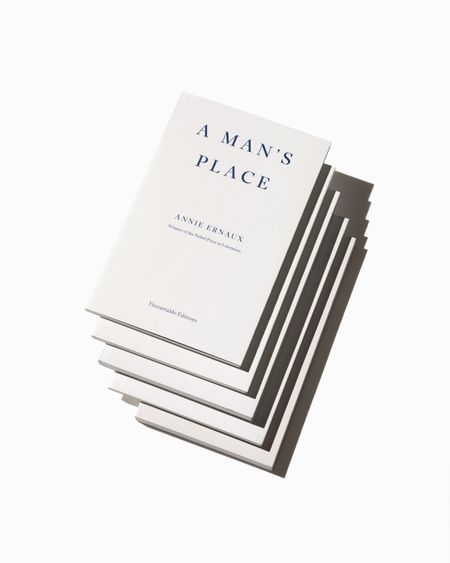Winner of the Nobel Prize in Literature 2022
A powerful meditation on ageing and familial love, I Remain in Darkness recounts Annie Ernaux’s attempts to help her mother recover from Alzheimer’s disease, and then, when that proves futile, to bear witness to the older woman’s gradual decline and her own experience as a daughter losing a beloved parent. Haunting and devastatingly poignant, I Remain in Darkness showcases Ernaux’s unique talent for evoking life’s darkest and most bewildering episodes.

